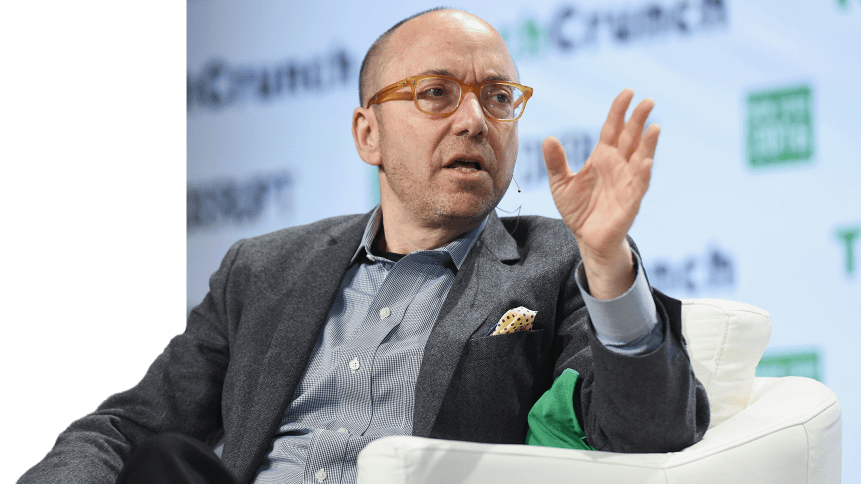US ad body backs federal ‘do-not-track’ initiative

Today’s online advertising ecosystem is advanced and data-driven. Search for a term such as ‘cheap flights to Montreal’, and it’s no surprise when you see airline or hotel adverts appear in your sidebar as you browse the web a little later.
This is a result of tracking technology which follows you from site to site, keeping tab on your actions. Information is stored in a database, and ads can be served based on this data personalized to your browsing history and behavior.
If your business advertises online, it’s likely you take this technology for granted and enjoy some success off the back of it. It can be impactful and cost effective, with customers often paying based on actions such as clicks. Many companies in the advertising chain also benefit financially, and some types of advertising are built on it.
But in a surprise move, the United States’ largest advertising body, the Interactive Advertising Bureau (IAB) has backed calls by the Federal Trade Commission Chairman, Joseph Simons, to effectively ban the activity under proposed new privacy and data security legislation.
The organization represents publishers, platforms, brands, and advertising and marketing technology companies using this technology.
YOU MIGHT LIKE

Is a break from social media a good idea?
In a joint blog post, the IAB’s CEO, Randall Rothenberg, and EVP of Public Policy, Dave Grimaldi, acknowledged that the organization has historically fought against a ban on tracking technology.
“Some might argue that we are therefore not credible in arguing for a Federal Do-Not-Track standard […]”, the statement read, but argued that this former stance had been based on a “false narrative of consumer victimization” in regard to data privacy.
“It’s equally false to tell consumers that simply by pressing a button and stopping all this ‘tracking’ they will somehow be safe. They won’t be,” they added.
Instead, the IAB wants to crack down on illegitimate data sharing, and tackle misconceptions around “basic use of consumer data”, which it says has “powered the economy for more than a decade”.
It also observed that pressure to provide consumers with greater privacy and security online was leading to a patchwork of solutions— such as Apple’s Safari Intelligent Tracking Prevention, and other browsers and makers of privacy tools— which lack defined legal or regulatory frameworks.
“We don’t have 1,000 different designs for seatbelts and airbags in cars – we have one.
“And we don’t leave it to consumers to manage the intricate details of their own food safety: We have industry and Government processes in place to make sure the food consumers buy is free from germs and poisons,” said Rothenberg and Grimaldi.
The same should apply to managing digital privacy, thinks the IAB.
“[…] we shouldn’t make consumers push endless consent buttons on websites and apps, or burrow deep into browser tools to manage who’s doing what with their data.
“We should have consistent principles and tools, premised on Federal, and possibly globally recognized, rules and enforcement, that will provide consumers easy, automatic security and privacy.”
Calling for “Do-Not-Track-Plus”, the IAB statement said it welcomed “penalties, civil and criminal”, for illicit uses of data.
YOU MIGHT LIKE

Consumers don’t help themselves when it comes to privacy
It remains to be seen how much weight the words of the IAB will carry at the level of Congress, and how the many companies it represents that profit from tracking will react to the call.
The ad industry has taken significant blows in recent years, including growth in ad blockers, and the General Data Protection Regulation (GDPR) in Europe, forbidding the collection, use or storage of personally identifiable information for commercial gain.
A regulation barring tracking, however, would cause many businesses to rethink their business model entirely.
But with consumer privacy in high demand, and thousands of disparate solutions on market to meet it, perhaps the time is now to take drastic action and level the playing field with, as the IAB says, “consistent technology solutions”.









